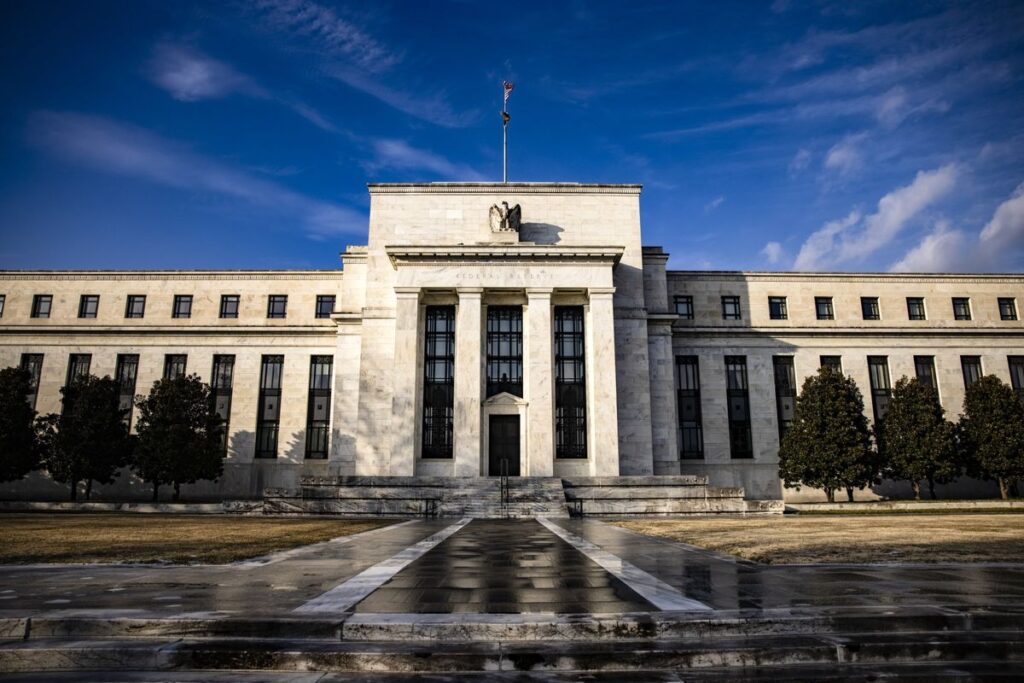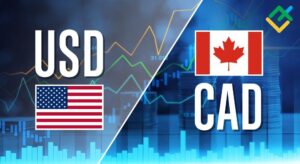The banking system, especially large companies in the United States, are well invested, so there is no risk of collapse in the style of Lehman. Most of the stress is in smaller regional banks, which the Federal Reserve has supported through its emergency lending program.
However, the main problem is still inflation. Federal Reserve officials have emphasized that the metric they care most about is services inflation excluding housing, which was released at 6.9% last month. This is very high, and combined with strong employment indicators, it does not allow policymakers to stop the contractionary monetary policy.
Last week, the head of the Federal Reserve warned that interest rates may rise higher than the central bank predicted in December. At that time, Federal Reserve officials expected interest rates to reach 5.1% by the end of the year, but the current market price predicts it to be only 4.2% by the end of the year. This is a big problem, and if these predictions are maintained or increased next week, it will likely shock the markets.
“In other words, investors believe that if interest rates increase next week, it will lead to an increase in the final rate. But the Fed may say something else. The country has already taken steps to strengthen its banking system and inflation is very high and cannot be prevented from rising rates.
If the Fed really sticks to its actions, it can lead to a strong repricing in the markets, increase US returns, and in the process, strengthen the dollar. On the other hand, the main victim may be Japan, so the USD/JPY currency pair may experience a strong reaction.”












